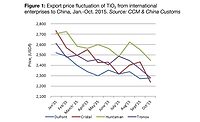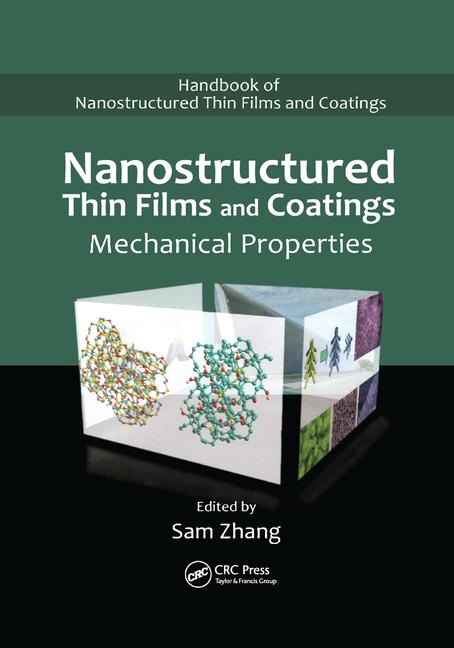GUANGZHOU, China - In 2016, China’s titanium dioxide (TiO2) industry experienced enormous price rises and high demand, a rebound from the market in 2015, according to analysis by market intelligence firm CCM.
China’s TiO2 industry showed many significant price increases throughout 2016. The last price rise in 2016 was by Henan Billions, the company that merged with Sichuan Lomon earlier in the year. The company raised the prices of all products for its overseas clients as well as for domestic demand in December of 2016.
Price increases took place many times during the year, which led to a recovery of China’s TiO2 industry after 2015, resulting in high profits and greater output in 2016. However, not only did TiO2 prices show a large price boost in 2016, but also many of the raw materials for TiO2, which actually limited the profits of Chinese producers.
According to CCM, the main reasons for the strong rise of the TiO2 industry in China were high overseas demand and market manipulation by some manufacturers.
The overseas demand for Chinese TiO2 and the resulting export value rose up 17.30% in November 2016, compared to the year before. Looking at the monthly output of China’s TiO2 industry, of about 200,000 tonnes, the export share of the production reached almost a third of all products.
The main downstream industry for TiO2 products is the coating industry. Therefore, the boom of the TiO2 industry is bound to the performance of the coatings industry. The real estate industry in China was able to increase sales by 25.5% from January to August 2016. Following the growth of China’s real estate industry, the related coating industry was also able to see a year-on-year rise of 6.92% from January to July 2016.
Some of China’s suppliers have manipulated the market, according to CCM. One of the common measures was to limit production, artificially shortening the supply and raising the prices. This behavior of Chinese manufacturers points to the need to improve some regulations in China’s market.
The analysis predicts that high prices are likely to continue in 2017, due to the environmental inspections in China and the resulting short supply of TiO2. The company predicted that it is possible some smaller companies will have to completely shut down their production in the future because they will be unable to implement required waste disposal and cleaning solutions.




Report Abusive Comment